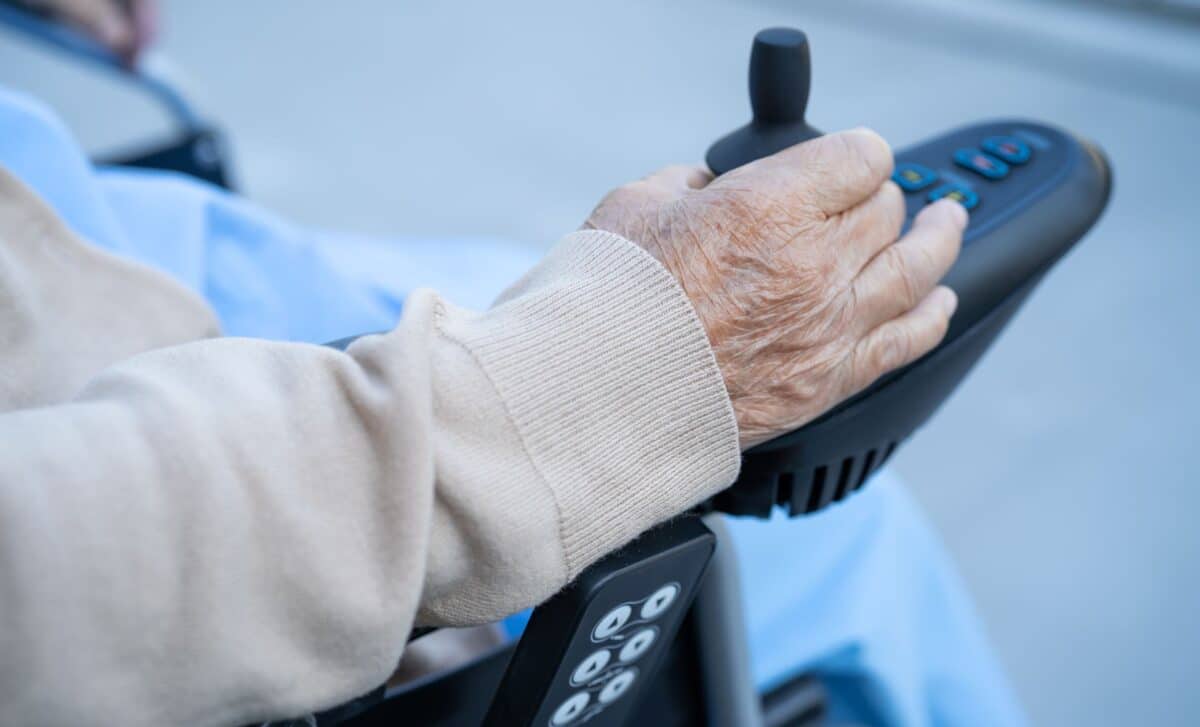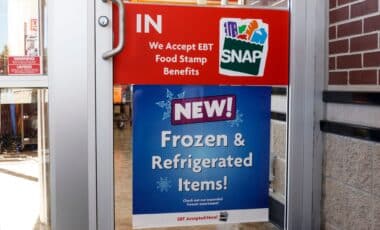The Department for Work and Pensions (DWP) will let go its plan to replace PIP cash payments with vouchers. The DWP has scrapped the idea of replacing cash support with a voucher or catalogue option across the country.
DWP Cancels Plan to Replace PIP Cash Payments with Vouchers
DWP disability minister Sir Stephen Timms said the new Labour government has “no plans” to move forward with the proposals, which originally came from the Conservative government that lost in the July General Election, reports BirminghamLive.
Timms stated that they have no plans to release a response to the previous government’s consultation. However, Labour has suggested that Personal Independence Payment (PIP) might still face changes as the new government moves forward.
The Minister for Social Security and Disability went on to say: “We will be considering our own plans for social security in due course and will fulfil our continued commitment to work with disabled people so that their views and voices are at the heart of all that we do.”
The Government Considers Other Alternatives to Cash Payments for Disability Support
The Green Paper looks at other options instead of the usual cash payments from PIP, and explores new ways to help people with disabilities and long-term health problems. It talks about how to cover the extra costs they have. One idea is a catalogue system, where there would be a list of approved items that disabled people could choose from at a lower price or for free. This system would likely work better for providing equipment and aids instead of services.
If the voucher system were kept, disabled individuals could have received vouchers to help with certain costs related to equipment and services. In a receipt-based system, claimants would purchase aids, appliances, or services on their own and then show proof of their purchases to get some money back.
This would work similarly to Access to Work, which provides grants for tools, modifications, and other expenses to help disabled people start and keep their jobs.
One-time grants could support major costs, like home improvements or expensive equipment. To get these grants, a person might need to provide medical proof of their condition to demonstrate the need for the equipment or changes to their home.










I don’t want vouchers